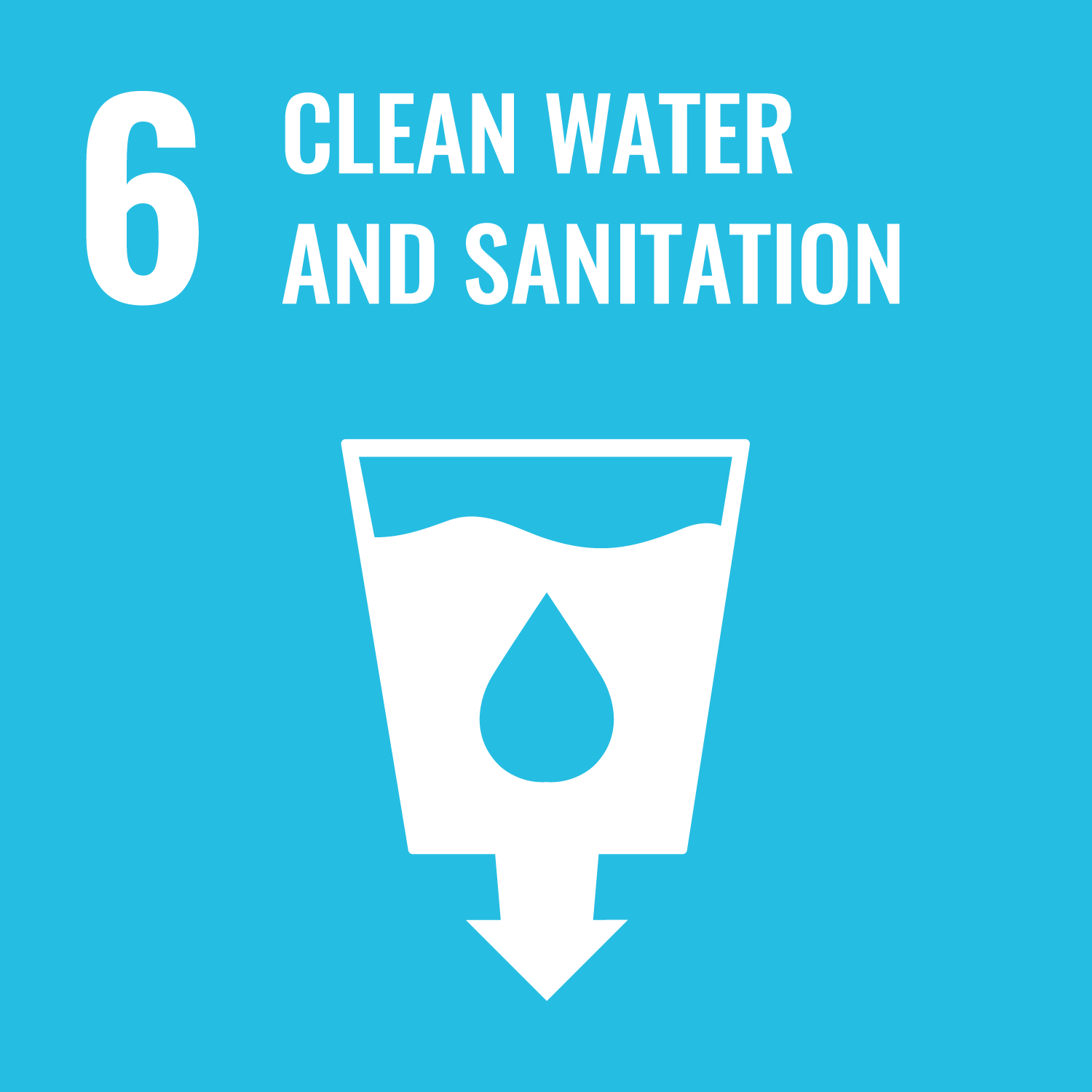 Sharing South-South Experience for Safe Drinking Water Provision Central African Republic and Laos
Sharing South-South Experience for Safe Drinking Water Provision Central African Republic and Laos

Challenges
Due to the political crisis in Central African Republic (CAR), existing capacity on water service provision collapsed. Borehole drilling companies left the country, and, for security reasons, remote areas were not accessible by road for mechanical drilling. In order to build institutional capacities and provide water, sanitation and hygiene (WASH) services in this fragile context, UNICEF, the Government of CAR, and the Government of Laos decided to bring in technical expertise in manual drilling from Laos, where this technique had been used for decades.
Through this initiative, the partners aimed to:
- Accelerate progress in the provision of safe water in both rural and urban settings.
- Introduce manual drilling as a low-cost alternative to mechanical drilling (Manual drilling costs $3,000 per borehole as compared to $20,000 per borehole for mechanical drilling).
- Support youth entrepreneurship, reintegration of demobilized child soldiers, social cohesion, and the return and reintegration of Internally Displaced Persons (IDPs) and refugees, for whom provision of safe water is essential.
Towards a Solution
From March-September 2015, highly skilled trainers from Laos provided technical oversight to over 50 adolescent trainees, some of whom were recently released from armed groups, in manual drilling and hand pump construction for the creation of 30 new water points for approximately 15,000 people in CAR. To ensure sustainability and community appropriation, most of the trainees were natives of their localities, with a good knowledge of the local context, and local materials were used in the construction of equipment. The National Agency for Rural Water and Sanitation was further involved in embedding the initiative into the local context.
In addition to increasing cost-efficiency, the project further helped to address one of the major challenges faced in CAR, which is access to the most vulnerable areas. Only two per cent of the country’s roads are paved, and during the rainy season more than half the country is isolated and unreachable. Unlike mechanical drilling which had usually come to a halt during the raining season due to access and security concerns, the manual drilling process could continue throughout the year.
As key results of the initiative:
- At least 30,000 people have access to clean water from manually drilled boreholes.
- At least 50 adolescents, including demobilized child soldiers, are engaged in youth entrepreneurship for safe water provision.
- Local capacities for water provision, particularly during a crisis, have increased, including the ability to assist displaced populations through water point rehabilitation and installation of new water points.
- Community water point management committees were formed to increase social cohesion.
After six months, the project team conducted a quick assessment to identify key successes and bottlenecks. It proved easy to mobilize local capacity and resources to undertake the manual drilling in a short timeframe. It was also easy to introduce the technology in remote areas. In terms of difficulties, some boreholes drilled during the rainy season became dry and need to be rehabilitated. In addition, the rope used for the pumps needed to be replaced frequently; this was corrected by using another type of pump which does not need rope and therefore is more sustainable.
The success of the initiative is based on its participatory approach, including the wide consultation conducted during the selection of the first group of people to be trained; community involvement in the selection of sites for the drilling; and linking water point committee members and local artisan networks. The availability of local artisans who can be mobilized in a timely manner for the drilling, and also for repair and maintenance – as well as the availability of kits for repairs and maintenance are also necessary for the replicability of the experience, especially in remote areas.
This practice is grounded in the national WASH program and will be duplicated in other provinces of the country. Cross-country exchange with neighboring countries is also being considered, as two technicians from CAR travelled to Chad to share their experiences during a regional workshop organized in Ndjamena to demonstrate the Chadian approach to manual well drilling (As highlighted in the following case study on Professionalizing Low Cost Drilling in West and Central Africa, Chad also has long-recognized expertise in this area).
Contact Information
Countries involved
Supported by
Implementing Entities
Project Status
Project Period
URL of the practice
Primary SDG
Similar Solutions
| NAME OF SOLUTION | Countries | SDG | Project Status | |
|---|---|---|---|---|
Accelerator Labs Network Following collective intelligence methods to address emerging sustainability challenges and the growing demand for local solutions |
Central African Republic, Lao People’s Democratic Republic | 08 - Decent Work and Economic Growth 13 - Climate Action | Ongoing | View Details |
Addressing Racial and Ethnicity-based Discrimination and Strengthening the Protection of Rural Afro-descendants UNFPA supports data disaggregation as a tool to fight racism and ethnic discrimination |
Central African Republic, Lao People’s Democratic Republic | 01 - No Poverty 02 - Zero Hunger 03 - Good Health and Well-being 05 - Gender Equality 06 - Clean Water and Sanitation 11 - Sustainable Cities and Communities 16 - Peace and Justice Strong Institutions | Ongoing | View Details |
Africa Kaizen Initiative Japanese management approach of continuous improvement to enhance quality and productivity |
Central African Republic, Lao People’s Democratic Republic | 08 - Decent Work and Economic Growth | Ongoing | View Details |
African Risk Capacity |
Central African Republic, Lao People’s Democratic Republic | 01 - No Poverty 02 - Zero Hunger 17 - Partnerships for the Goals | Ongoing | View Details |
An Inclusive Approach to Digital Learning in Lao People’s Democratic Republic Introducing digital learning in Lao People's Democratic Republic to help bridge learning gaps exacerbated by the COVID-19 pandemic |
Central African Republic, Lao People’s Democratic Republic | 03 - Good Health and Well-being 13 - Climate Action | Ongoing | View Details |